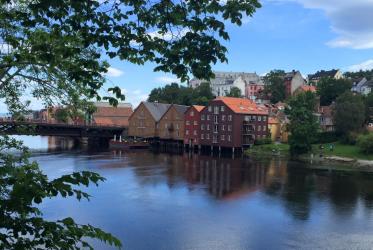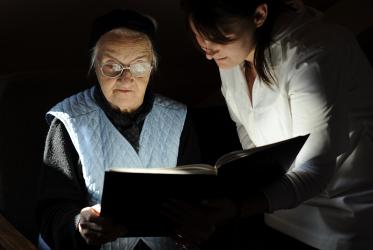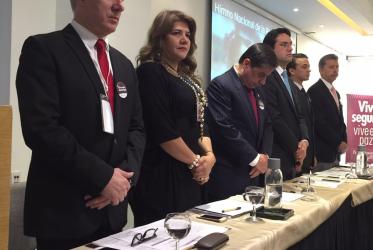Displaying 1 - 20 of 45
19 October 2023
EWN members stand in solidarity with water and land defenders
21 September 2021
Unity, solidarity and hope at core of Ecumenical Weekend
04 November 2018
How can you help refugees?
11 October 2018
#WCC70: A story of life
07 June 2018
Strengthening advocacy for women’s human rights
04 July 2017
Religious leaders as agents of peace in the Americas
02 March 2016
United Bible Societies: A world fellowship serving the churches
16 December 2015
Land rights focus of panel discussion
17 November 2015
Faith organizations to play crucial role in Colombia peace process
09 November 2015
Conflict reporting fails women
06 October 2015












